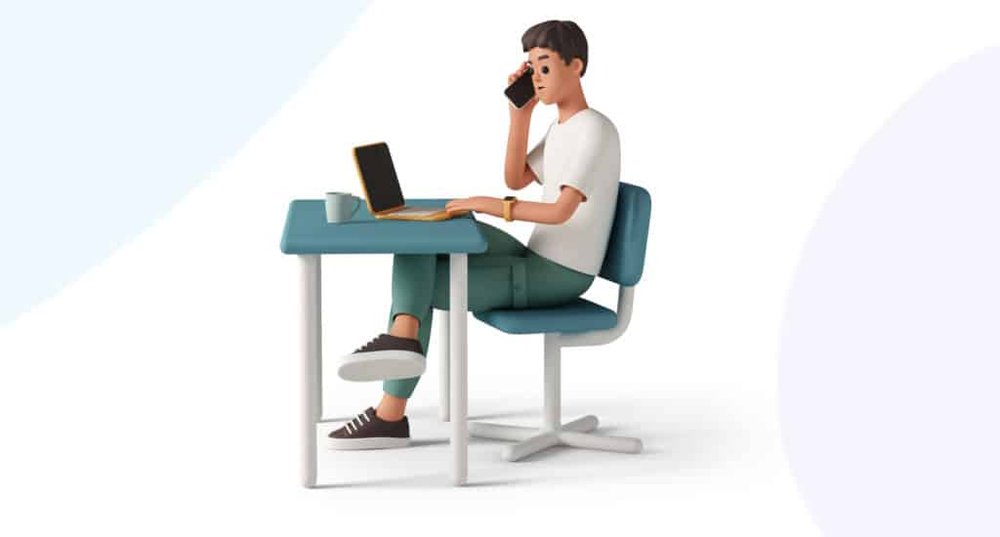Sitting for long periods of time is bad for your health. It’s been linked to a number of serious health problems, including heart disease, stroke, diabetes, obesity, and even death.
In fact, a study published in the journal Medicine & Science in Sports & Exercise found that people who sit for more than eight hours a day have a 20% higher risk of death from all causes than those who sit for less than four hours a day.
Another study, published in the journal Circulation, found that people who sit for more than six hours a day have a 49% higher risk of developing type 2 diabetes than those who sit for less than three hours a day.
Sitting for long periods of time is also bad for your mental health. It can lead to decreased productivity, fatigue, and depression.
One study, published in the journal Occupational & Environmental Medicine, found that people who sit for more than six hours a day have a 54% higher risk of developing depression than those who sit for less than three hours a day.
Why is sitting so bad for your health?
First, sitting slows down your circulation. This can allow fatty acids to build up in your blood vessels, leading to heart disease.
Second, sitting stretches your hip flexors and shortens your hamstrings, which can lead to muscle imbalances and pain.
Third, sitting puts pressure on your lower back, which can lead to back pain and other musculoskeletal problems.
Fourth, sitting can also lead to eye strain and headaches.
Why are breaks important?
Breaks are important because they give your body a chance to recover from the negative effects of sitting.
When you take a break, you get up and move around, which helps to improve your circulation and reduce muscle tension. You can also use your breaks to stretch, get some fresh air, or socialize with your coworkers.
Taking breaks can also help to improve your mental health. Getting up and moving around can help to boost your energy levels and improve your mood.
How often should you take breaks?
It’s important to take breaks throughout the day, even if it’s just for a few minutes.
Experts recommend taking a break every 20-30 minutes to get up and move around. If you can’t take a break that often, try to get up and move around at least every hour.
Here are some tips for taking breaks at work:
- Set a timer to remind yourself to take a break every 20-30 minutes.
- Get up and walk around the office.
- Go for a walk outside.
- Stretch your muscles.
- Socialize with your coworkers.
- Do some light exercise, such as yoga or Pilates.
Taking breaks at work is important for your physical and mental health. It can help to improve your circulation, reduce muscle tension, boost your energy levels, and improve your mood.








